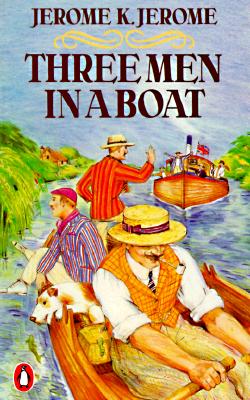Perhaps, from the casement, standing hand-in-hand, they were watching the calm moonlight on the river, while from the distant halls the boisterous revelry floated in broken bursts of faint-heard din and tumult.
Then brutal Odo and St. Dunstan force their rude way into the quiet room, and hurl coarse insults at the sweet-faced Queen, and drag poor Edwy back to the loud clamour of the drunken brawl.
Years later, to the crash of battle-music, Saxon kings and Saxon revelry were buried side by side, and Kingston’s greatness passed away for a time, to rise once more when Hampton Court became the palace of the Tudors and the Stuarts, and the royal barges strained at their moorings on the river’s bank, and bright-cloaked gallants swaggered down the water-steps to cry: “What Ferry, ho! Gadzooks, gramercy.â€
Many of the old houses, round about, speak very plainly of those days when Kingston was a royal borough, and nobles and courtiers lived there, near their King, and the long road to the palace gates was gay all day with clanking steel and prancing palfreys, and rustling silks and velvets, and fair faces. The large and spacious houses, with their oriel, latticed windows, their huge fireplaces, and their gabled roofs, breathe of the days of hose and doublet, of pearl-embroidered stomachers, and complicated oaths. They were upraised in the days “when men knew how to build.â€Â The hard red bricks have only grown more firmly set with time, and their oak stairs do not creak and grunt when you try to go down them quietly.
Speaking of oak staircases reminds me that there is a magnificent carved oak staircase in one of the houses in Kingston. It is a shop now, in the market-place, but it was evidently once the mansion of some great personage. A friend of mine, who lives at Kingston, went in there to buy a hat one day, and, in a thoughtless moment, put his hand in his pocket and paid for it then and there.
The shopman (he knows my friend) was naturally a little staggered at first; but, quickly recovering himself, and feeling that something ought to be done to encourage this sort of thing, asked our hero if he would like to see some fine old carved oak. My friend said he would, and the shopman, thereupon, took him through the shop, and up the staircase of the house. The balusters were a superb piece of workmanship, and the wall all the way up was oak-panelled, with carving that would have done credit to a palace.

